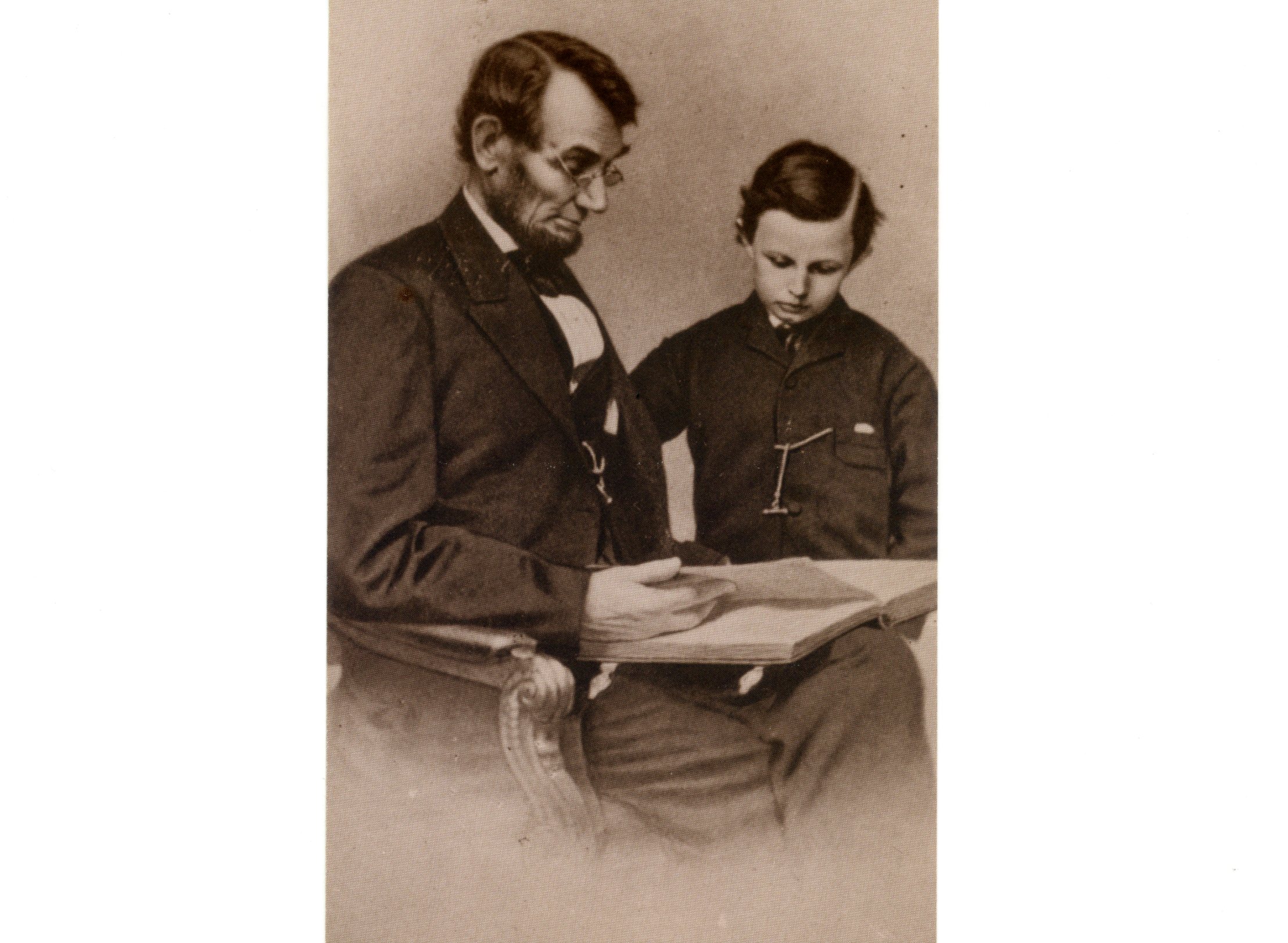Are You Socially Acceptable?
In my day-to-day interactions with my two children, ages six and eight, I am constantly asking myself, “What kind of adult am I molding them to be?” I frequently contemplate what I want for them and how to go about achieving what I perceive to be a well-rounded, emotionally sound childhood. It’s pretty easy for me to be mindful about the more obvious child-rearing philosophies: treat others as you would have them treat you, always try your best, be honest, amongst others. It’s harder, especially in the throes of everyday craziness, to recall other philosophies that are just as important. Here is my rundown on a parenting principle that I often struggle to focus on; one that I need to keep in the forefront of my mind.
As an Autism Specialist, my day job consists of following preschoolers around, prompting peer interaction and purposeful play with toys, and helping teachers facilitate instruction in a way that makes sense to kiddos on the spectrum. I bring my work home. I analyze my own biological kids’ social skills. I watch them start, join, and end play with other kids. I watch them problem solve and resolve conflicts. I watch them negotiate. I see how they deal with rejection. In a society where parents’ pride is hugely based on their children’s intellectual abilities, social skills often fall by the wayside.
Noah, my oldest, is the pickiest eater I have ever had the joy of raising. Frustrated and fed up by his fussiness while eating yet another meal I had prepared, I asked him “What are you going to when you’re a teenager and you really like this girl, and she asks you to go eat sushi or subs or pizza that’s not from Pizza Hut?’” He said “I’ll tell her, ‘Let’s go try this new place called Panera Bread (his favorite restaurant) instead!” Not the answer I was hoping for. We needed to have a little talk on tolerating activities that you don’t like to make another person happy. That way, you have more friends!
Yes, social skills are learned from watching parents, school personnel, peers, church members, and others, but not always enhanced with good ol’ explicit instruction and reinforcement. Abigail, my six-year-old, is a people watcher. She notices EVERYTHING, and I mean everything: tattoos, piercings, oddly mismatched clothing, ill-behaving children in public, hair that has been dyed interesting hues, to name a few. I had to shed a little light on her ability to be discreet when she very loudly pointed out (hand gestures included) that a man’s pants were hanging low, exposing his underwear. She had to be told that it’s okay to have thoughts in your head, but it makes people uncomfortable or offended when you make comments like that, even if you have the best of intentions. So now we have code words: “That’s a head thought”—a thought that needs to stay in your head.
Don’t get me wrong. I do celebrate my kids’ academic successes. Academia can get a person very far in life. Strong, solid social skills can get a person farther. It’s great when my kids bring home As and Bs. It’s even greater to see my son approach a child on the playground and say “Hey man. I’m Noah. What’s your name?” I celebrate Abby’s reading growth, but I also celebrate her ability to tell a peer, “Let’s take turns. You go first.”
In a very me-centered, entitled time, my hopes for my two little ones are to be happy, healthy, and navigate smoothly and successfully through the social world. I pray for constant reminders and opportunities to teach them to observe how their actions affect others’ feelings. I pray that they can always choose their battles in life. I hope for a good sense of humor at the foundation of every conflict they encounter. And I pray that they can adapt to the ever-changing social settings that the world is constantly throwing at them. Because in the end, even the smartest of doctors, lawyers, and scientists, have to work well with other people in order to achieve success.
William Seward, Salmon Chase, and Edward Bates were sitting at the long table at the White House. The president at the end of the table spent most of his time listening, soaking in every word, as they debated amongst themselves. Seward, whose actions caused a “folly” named specifically after him, Chase, whose was quite rigid, serious, and unyielding, and Bates, a family man who would later go on to run for presidency against this president sitting with him at the table… The president, a humorous story-teller, and very obviously a man with a special gift of uniting even the most contradictory people for the sake of a cause. This president, Abraham Lincoln, was able to capitalize on the strengths of the people he worked with, and encourage growth where needed with flexibility, humor, and open-mindedness.
In the Bible, there was a man only mentioned in one story, in one book, the Gospel of Luke. This man, the object of a very famous, well-known children’s song, was considered a traitor of the Jews, a very short man, a hated tax collector, one I would probably duck my head and walk in the opposite direction if I saw him coming towards me. But Jesus saw something different in this man. He saw his tenacity. When Zacchaeus climbed that Sycamore tree to get a better view of Jesus as he was teaching, Jesus’ reaction was unexpected. Jesus scheduled a visit with this highly detested man. Lesson? It’s not who you associate with. It’s how you associate with them.
One of the many tasks of being a parent is to lead with love, balance, positivity, focus, humor, and most of all, flexibility. Abraham Lincoln was able to lead: quick to listen and think things through, slow to be judgmental and rigid. He was a man who could adapt and see greatness where others couldn’t. A lot like Jesus in the story of Zacchaeus. Jesus proved himself to overlook Zacchaeus’ reputation and focus on what was important: Zacchaeus wanted to get closer to Jesus and his teachings. Effective parenting can best be described as a fine art of recognizing and building upon your children’s strengths, while recognizing that they also have weaknesses, and using teachable moments and positive, real-life situations to enhance their skills and ability to problem solve. From a social perspective, kids will learn by experience. The more I am able to see their social progress, the more opportunities I have to celebrate with them their willingness to tolerate and accept differences in others, much like Abraham Lincoln, and Jesus and Zacchaeus.
Prayer: Dear merciful and tolerant God, please help me to raise my children in a way that teaches them to love unconditionally. In a me-centered world, please guide me to sow into them an instinct to always think about how other people feel and what they might be going through. Thank You for giving me two beautiful, bright, talented children; help me to use them to glorify You through their treatment of others.



